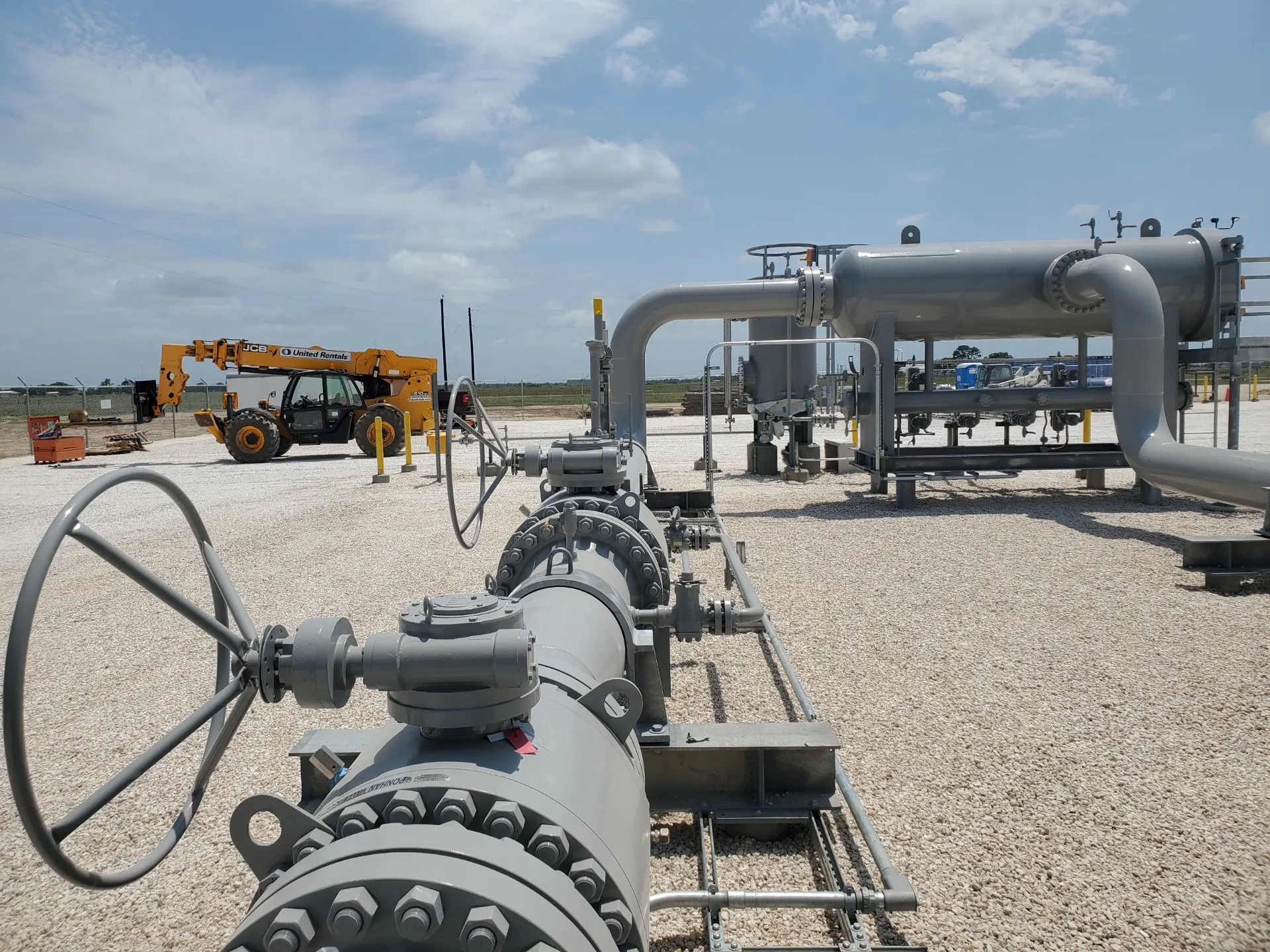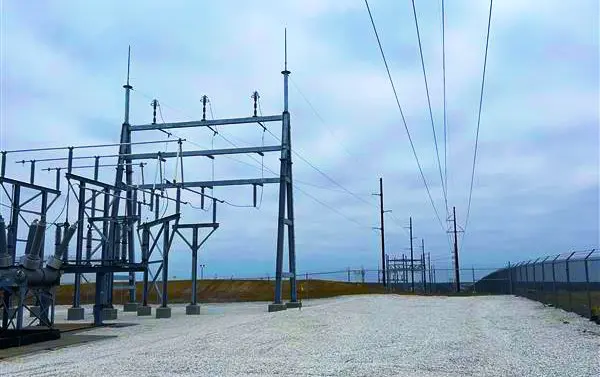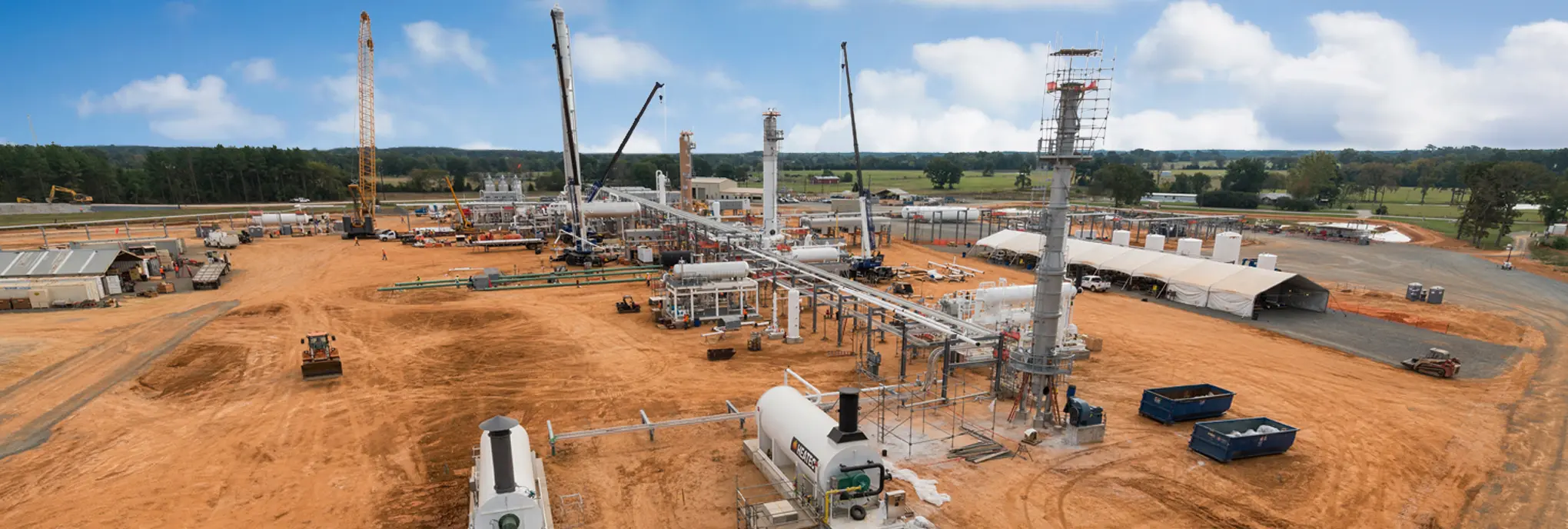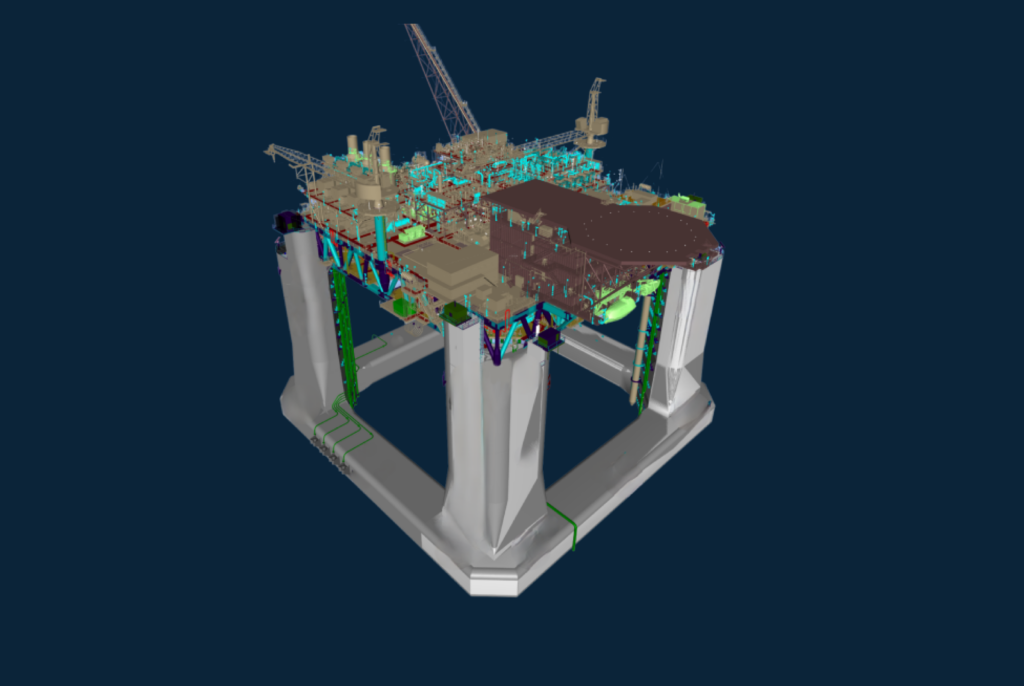

Want to share this article?
Improving Offshore Production in ‘Lean’ Times
It’s unavoidably true that offshore exploration and drilling companies — as well as the businesses that serve them — have been experiencing lean times lately, with contracts being shed and budgets being reduced.
However, there’s another type of “lean” that actually proves beneficial: applying lean principles to activities like construction, production, maintenance, and data integration.
What are these lean principles, and how can they help the offshore oil and gas industry? Some attribute the core ideas of lean to Henry Ford, who in the early 1900s streamlined elements of manufacturing to achieve greater efficiency and throughput. Those techniques evolved during the century, culminating in a systematic method of reducing waste and improving quality though the identification and refinement of non-value-adding processes. Lean requires companies to consider all their related processes and ask what needs or is expected to happen vs. what actually happens and then consider what can be done to close the gaps between expected vs. reality.
The core principles of lean can be applied to many oil and gas activities, not just exploration and extraction. The design and construction of drilling rigs and vessels can effectively borrow from lean, minimizing “waste of materials, time, and effort” at the project and supply chain levels in order to provide timely, cost-effective solutions to the industry. Lean can also be applied to the maintenance side, where the need “to continuously improve asset performance and extend asset life” continues to grow and be discussed. And as covered in previous posts, integrating data streams and implementing data management systems at production facilities has become increasingly important, necessitating the use of lean integration principles and tools like predictive analytics. Business processes and equipment can be optimized while process data is analyzed and integrated into operations, providing greater efficiency and organizational agility. In fact, lean principles can also be integrated in other operations including accounting and system development, benefiting the entire enterprise.












